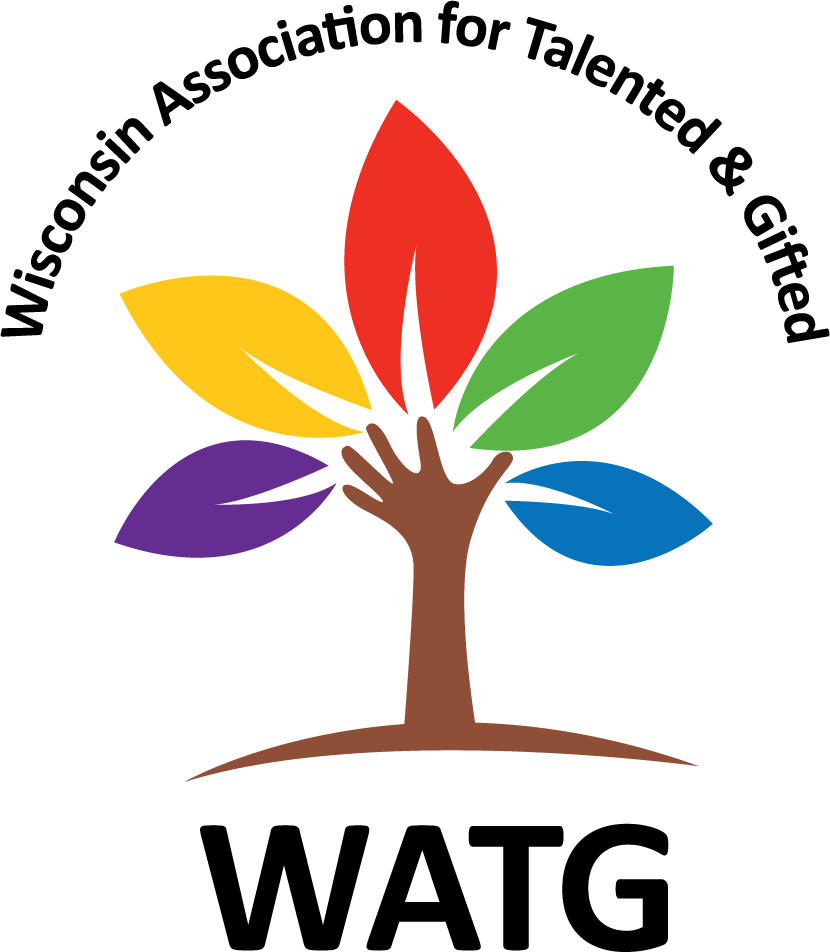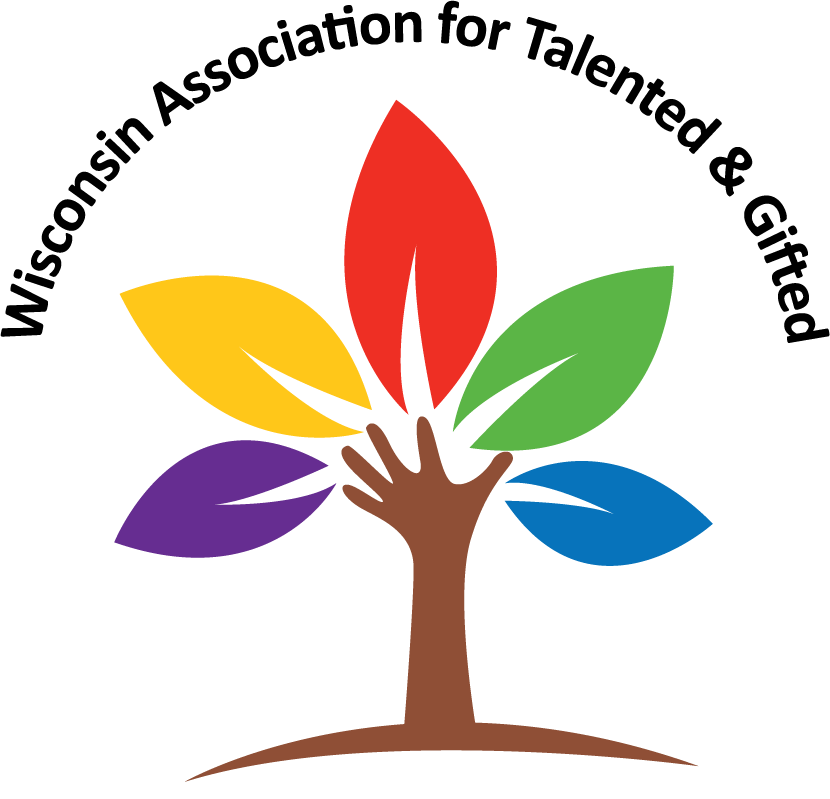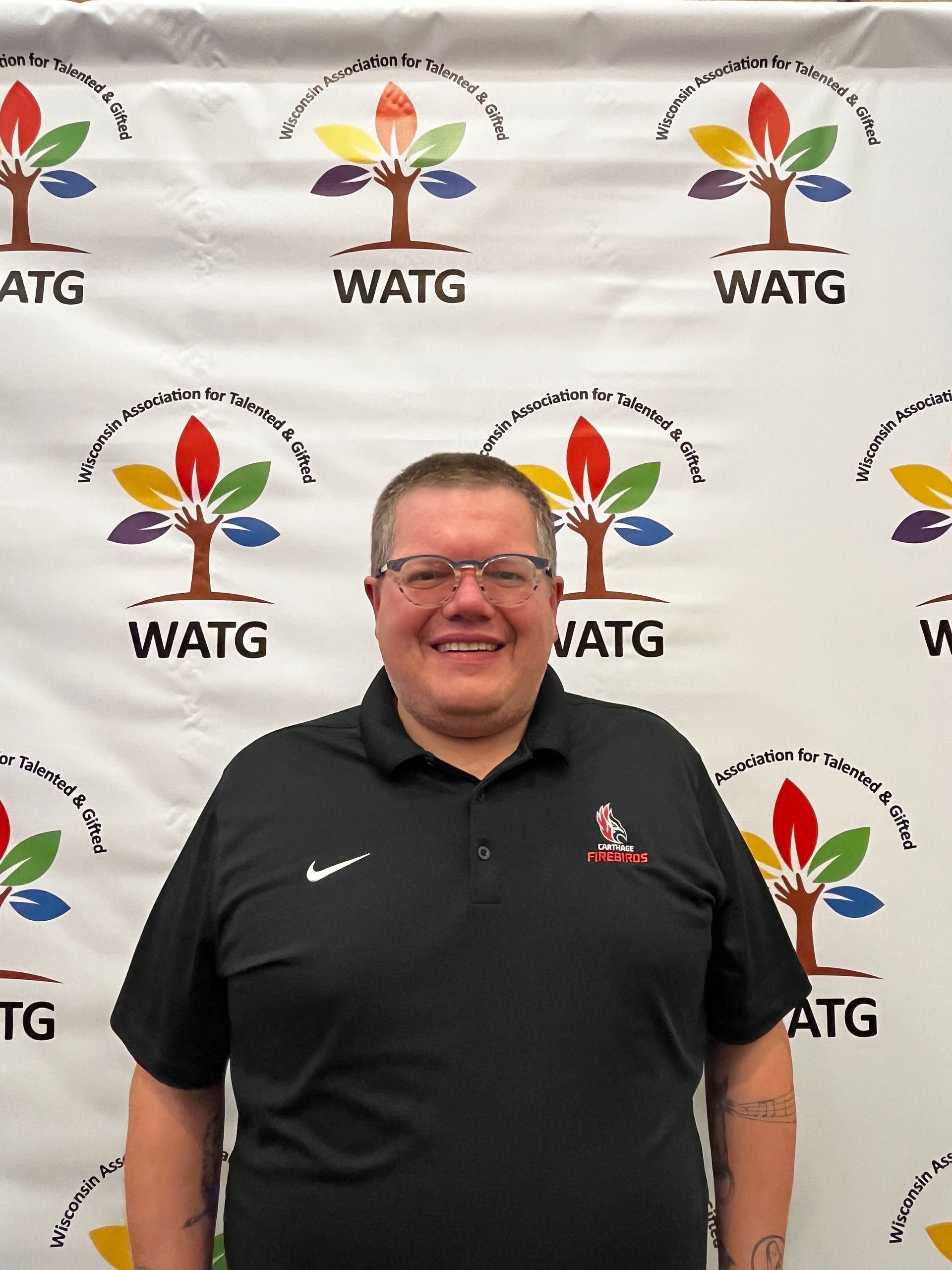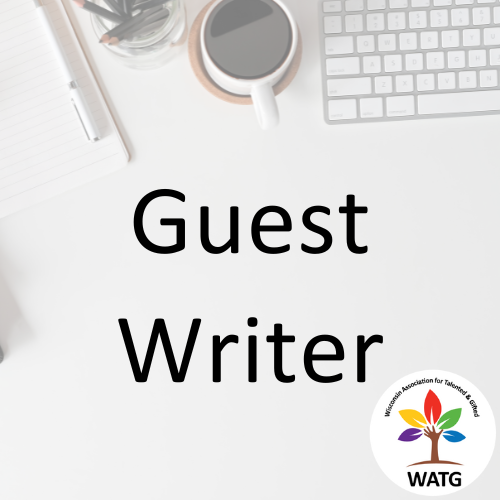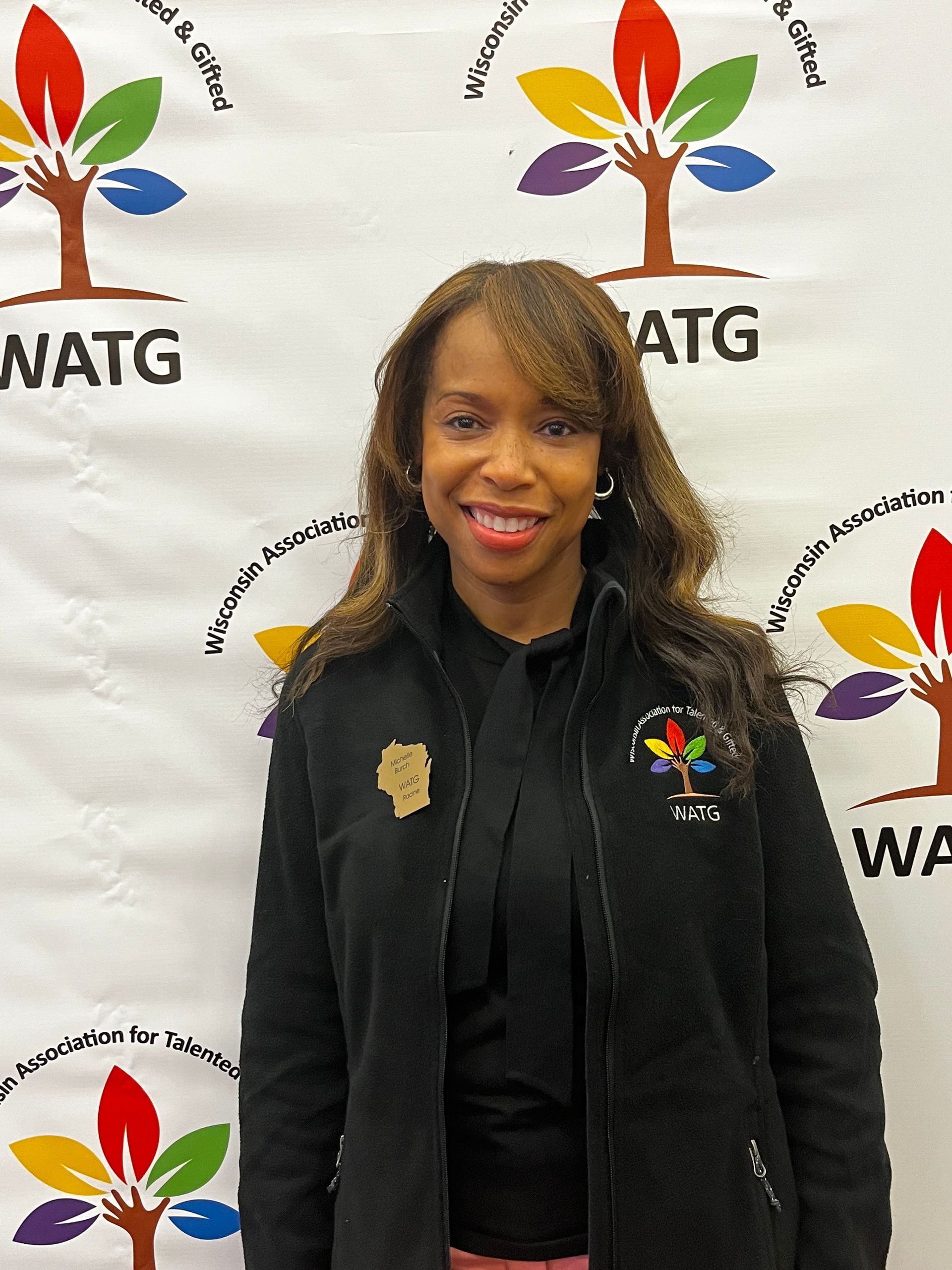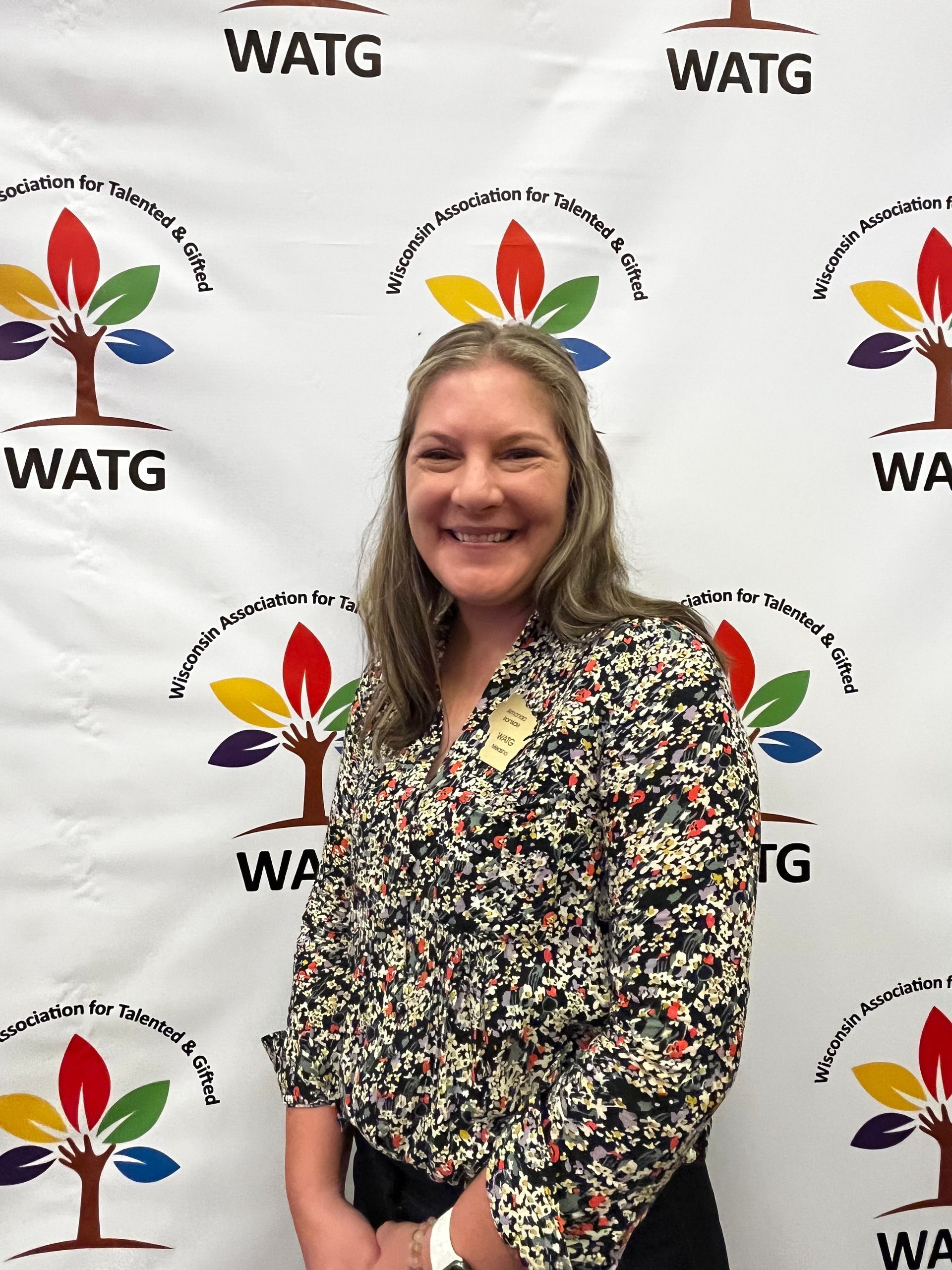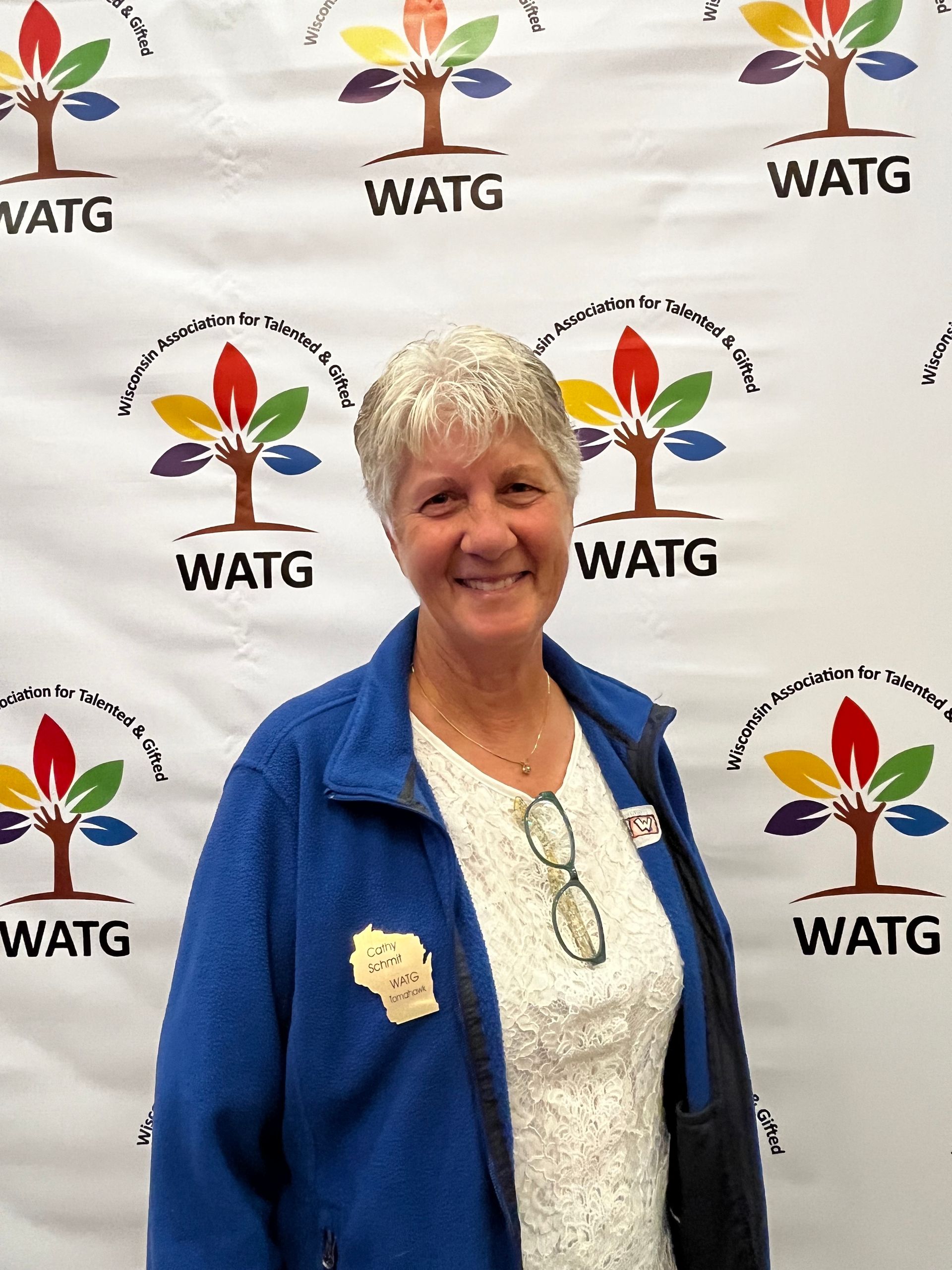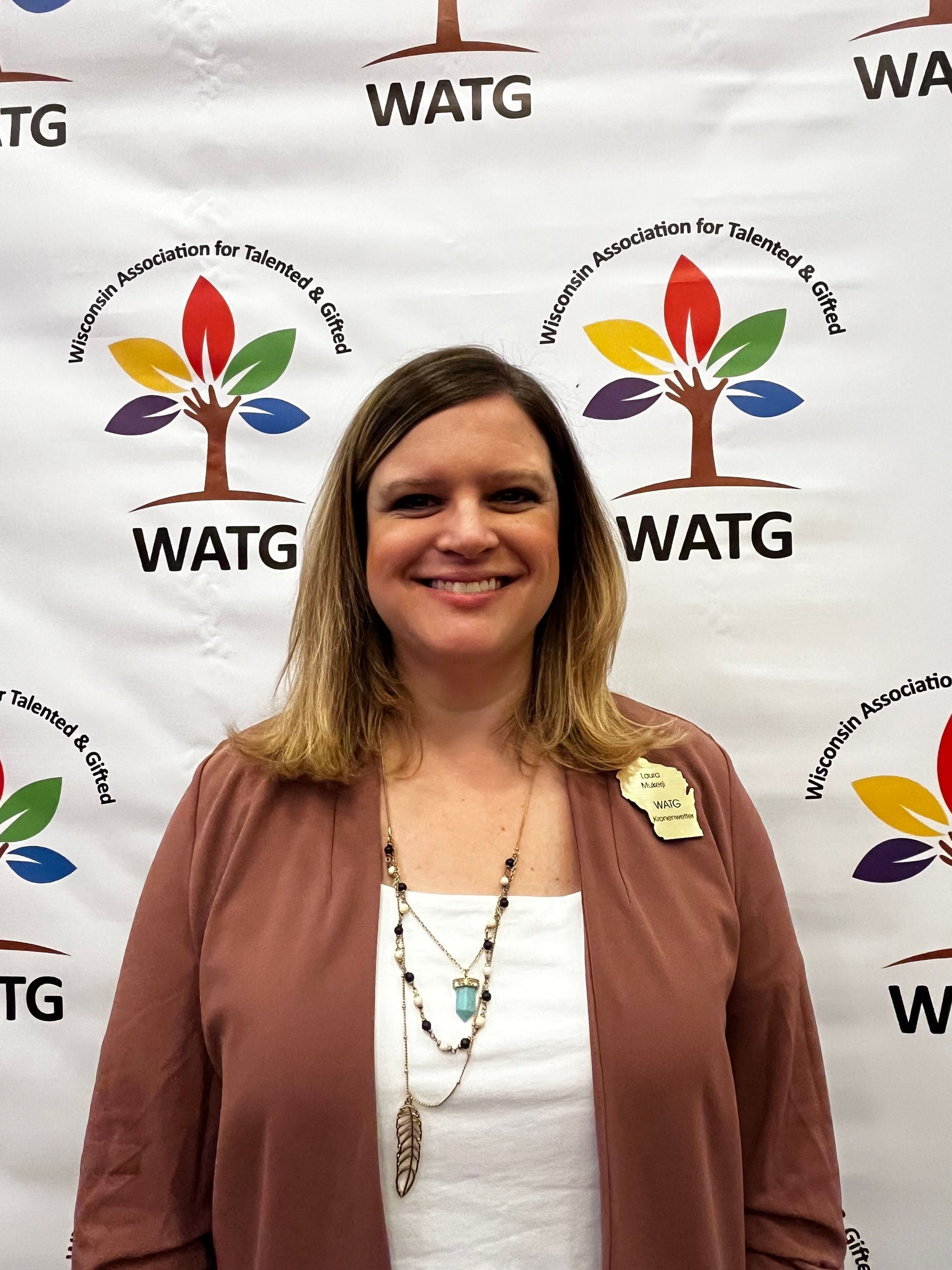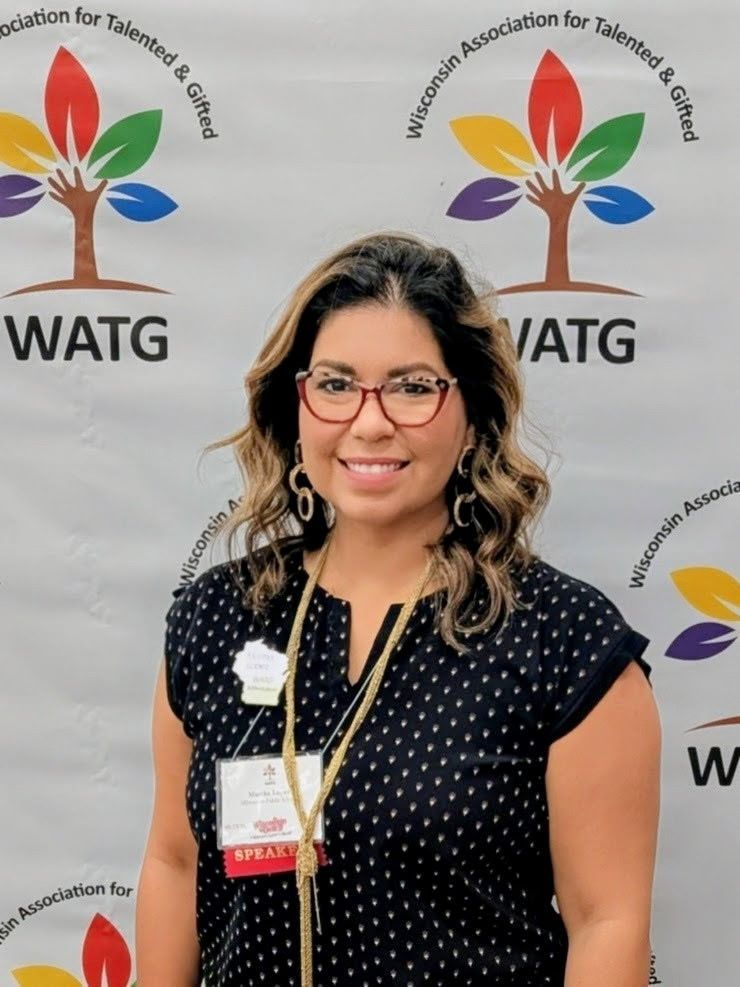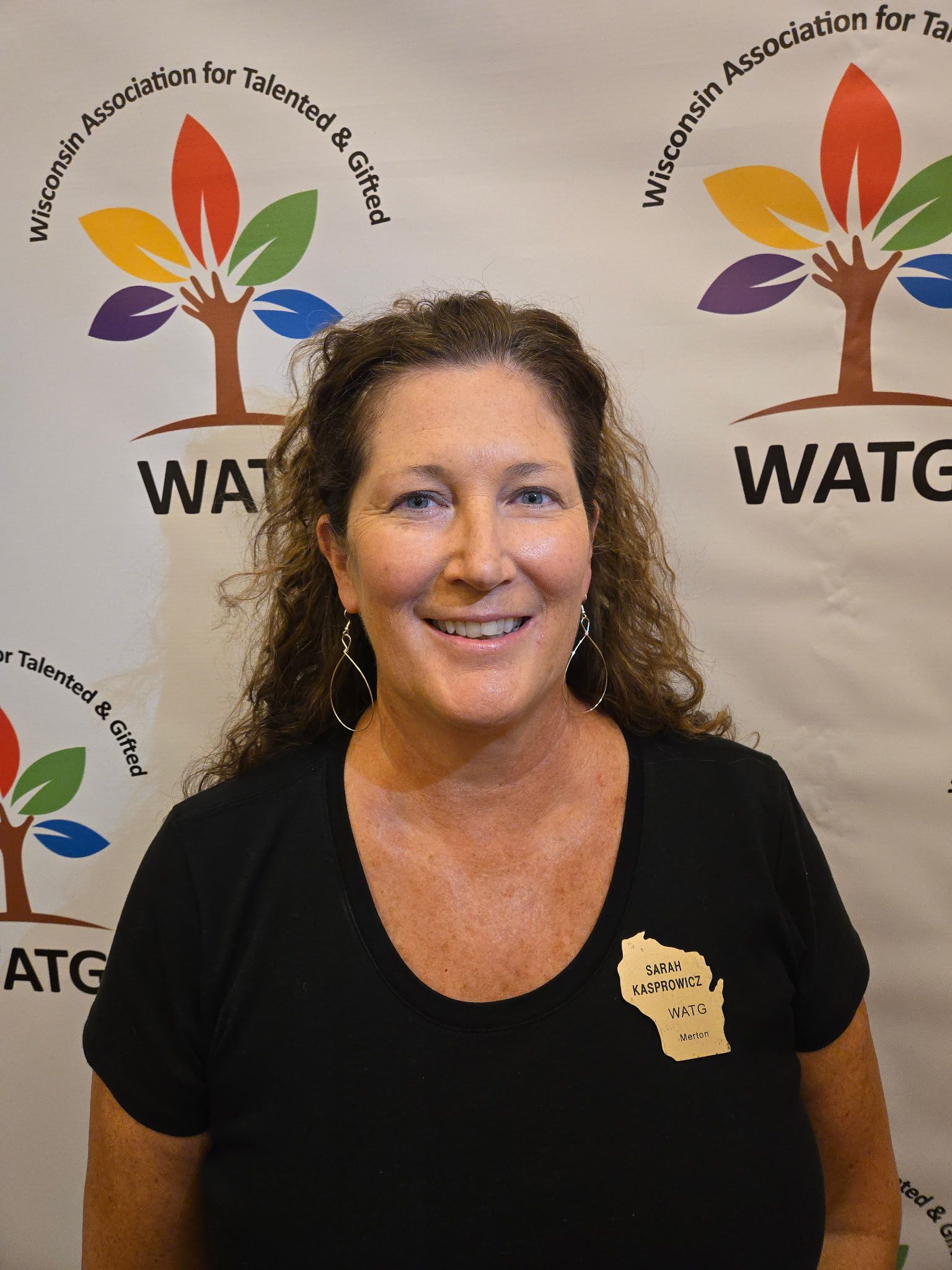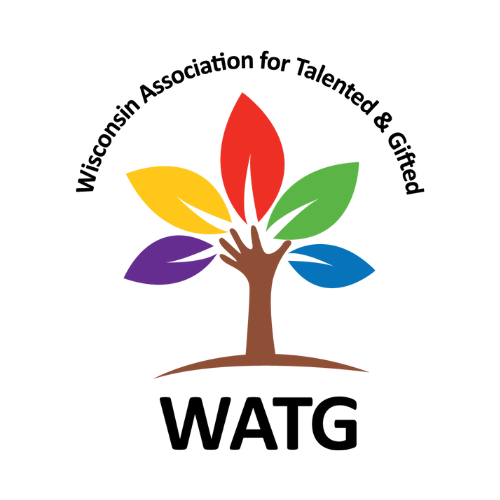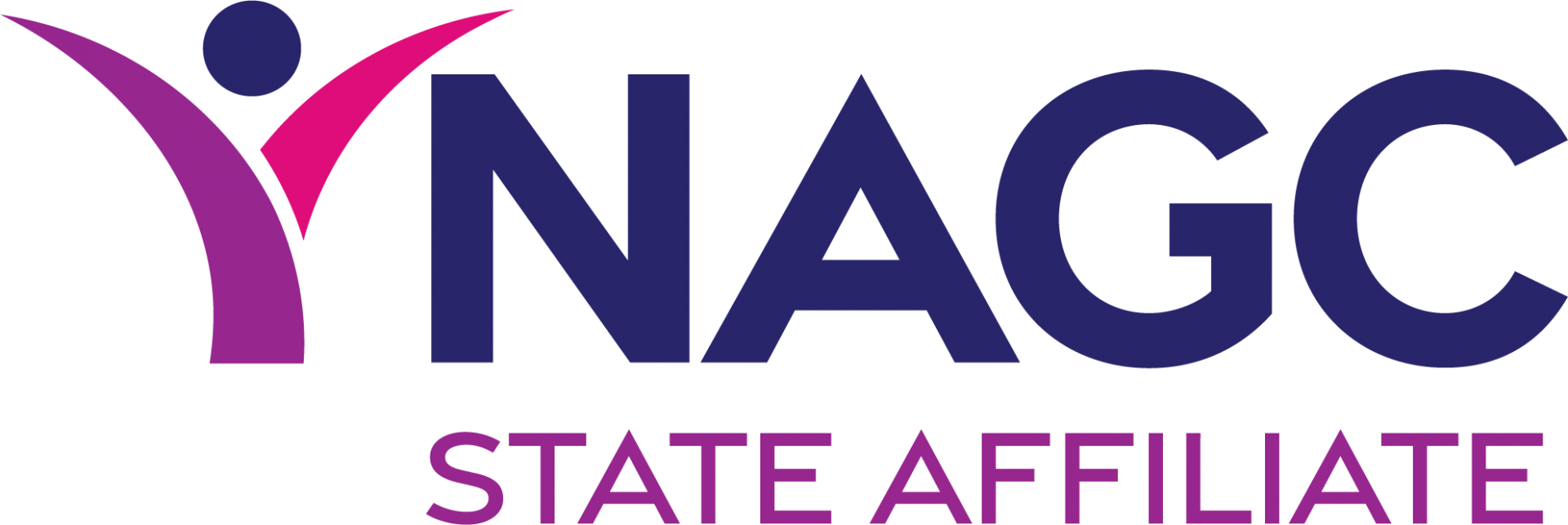What is the Key to Raising Support for Gifted Education?
Happy New Year!
In November, I was fortunate to represent WATG at the NAGC (National Association for Gifted Children) annual conference in Seattle. Four days of a conference with people who are passionate about advanced learners buoyed my spirits. The halls of the Seattle Convention Center were bustling with others who shared desires to better understand how to support the social and emotional well-being of gifted and talented students, sought resources for equitable identification practices, yearned to unpack the complexities of how AI can be leveraged for our highly capable learners, and cautiously approached acceleration and early identification of gifted students. In that space, there were nuanced conversations about checklists, identification criteria, programming plans, and the language of all things gifted. There were fantasies and nonfiction accounts of universal educator preparation (see
Universal Educator Preparation for more information). There were also celebrity sightings – Jack Naglieri, Dr. Matt, Emily Kircher-Morris, Kelly Yang, and so many more!
In December, I returned to the daily work of a singleton gifted education coordinator in my district. I was still riding high with energy and learning from NAGC. However, erudite conversations applying what Melinda Temple-Milner, PhD, and Dr. Liza Burrell-Aldana learned in the Alexandria City Public Schools about the “strategies and actions [that] can be taken to address the underrepresentation of culturally and linguistically diverse (CLD) students in gifted education programs,” did not pop up at happy hour. A panel about supporting the social and emotional needs of advanced learners was not on the inservice agenda. Misconceptions around giftedness and gifted education were still popping up at collaborative meetings dealing with student achievement. I keenly felt the need for NAGC’s unifying agenda around equity, universal educator preparation, early childhood and gifted education, and social emotional well-being highlighted in my daily experiences. It was clear that NAGC grows the skill and will of attendees and provides an opportunity to leverage learning back to the day-to-day life of advocates for gifted learners.
WATG, like NAGC, envisions an environment in which the educational and social-emotional needs of gifted students are understood and addressed throughout the state. (See WATG’s mission and vision statement at
https://watg.org/).
WATG Board Members will be supporting this vision and mission when they present at the
Wisconsin State Education Convention at the Baird Center in Milwaukee on January 23, 2025. We are also hosting a booth at the Wisconsin State Education Convention at the Baird Center for this convention. By exhibiting at this event, our goal is to connect with school board members, school business officials, and school district administrators. Attendees at this state convention will not necessarily be people who are passionate about gifted education, have a shared understanding of local norms, or want to debate the nuances of the word gifted. The state convention is not the national or state gathering for all things gifted. Instead, it is a place where people who have local influence over the day-to-day education of our advanced learners come together. Their singular focus is not on our learners; they represent all learners. Our presence at this convention is meant to bring awareness to the needs of our learners and increase the advocates for gifted learners in our local districts. Our responsibility will be to enter into conversations with people who do not share the same understanding or beliefs around gifted education. Representatives from WATG will engage in conversations with convention goers in an effort to raise awareness, dispel myths of giftedness, and plant seeds that could bear fruit in the future.
As we enter the new year, WATG will continue to uphold the mission to educate about and advocate for the needs of gifted in Wisconsin. Our action steps include:
- Presenting to stakeholders at the State Education Convention,
- Hosting the Four Corners Workshops,
- Coordinating webinars with partners, such as the Institute for Education Advancement,
- Providing support for school districts and organizations through our "Book-A-Boardie" initiative,
- Co-hosting SOAR Summer Camp,
- Reaching out to legislators on behalf of giftedness and talent development,
- Answering inquiries about giftedness and nurturing high potential, and
- Planning an annual conference for October 2025.
We have many activities planned, and we look forward to your help. What action steps might you take to advocate on behalf of gifted education?
By Terese Weiler
